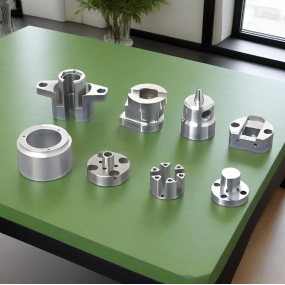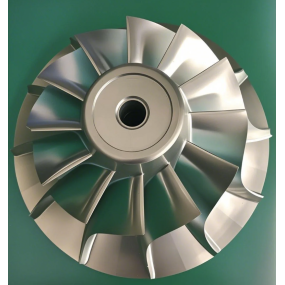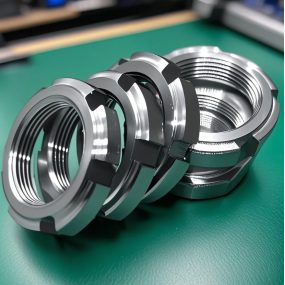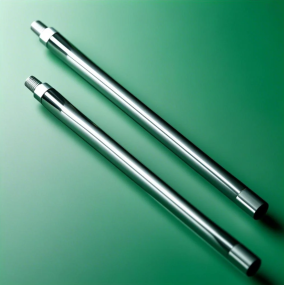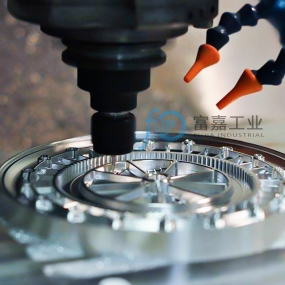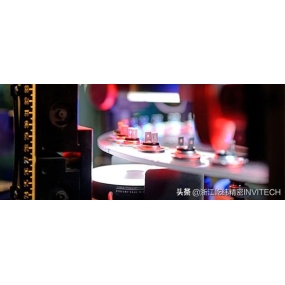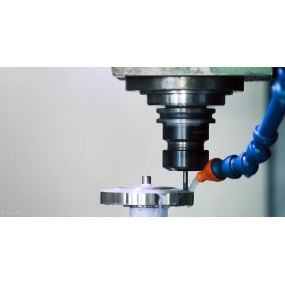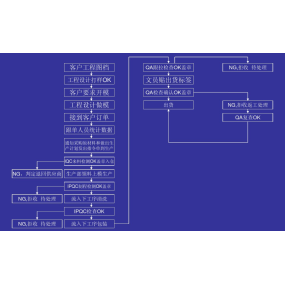The whole process of processing non-standard lathe parts in the hardware industry, from design drawings to finished product delivery, mainly includes the following key links:
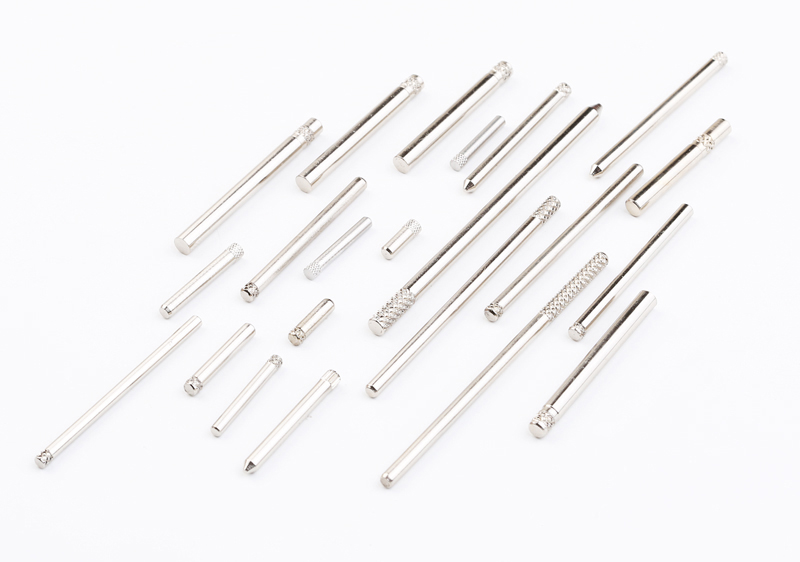 1. Demand communication and drawing confirmation: First, the customer communicates with the processing manufacturer to clarify the specific requirements of the processed parts, including material, size, shape, accuracy, etc. Then, the customer provides drawings or detailed descriptions, and the processing manufacturer reviews the drawings to ensure that the processing requirements are clear and the drawings are accurate.
1. Demand communication and drawing confirmation: First, the customer communicates with the processing manufacturer to clarify the specific requirements of the processed parts, including material, size, shape, accuracy, etc. Then, the customer provides drawings or detailed descriptions, and the processing manufacturer reviews the drawings to ensure that the processing requirements are clear and the drawings are accurate.
2. Process formulation and preparation: According to the drawings and requirements, the processing manufacturer formulates a detailed processing technology, including selecting tools, setting processing parameters, and determining the processing sequence. At the same time, the processing equipment is debugged to ensure accuracy and stability, and the required fixtures and other auxiliary tools are prepared.
3, production and processing: the use of numerical control lathes and other equipment for processing, through precise programming and control, in accordance with the roughing, semi-finishing, finishing sequence gradually completed to ensure the processing accuracy and surface quality.
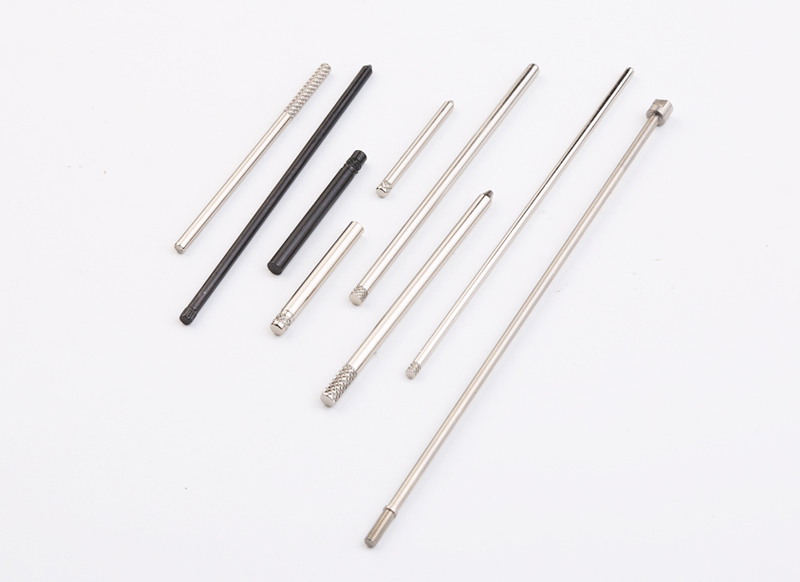 4. Quality inspection: Conduct a comprehensive quality inspection of the finished parts, including dimensional inspection, appearance inspection, performance testing, etc., to ensure compliance with customer requirements and relevant standards.
4. Quality inspection: Conduct a comprehensive quality inspection of the finished parts, including dimensional inspection, appearance inspection, performance testing, etc., to ensure compliance with customer requirements and relevant standards.
5. Delivery: Deliver qualified parts to customers and provide necessary after-sales services and technical support. Before delivery, check all fasteners and joint connections to ensure that they are fastened in place and reliable, and clean the surface of the equipment and paste the necessary signs and labels.
The entire process requires a high degree of professionalism and precision to ensure the quality and performance of the final product. With the development of industrial automation and intelligent manufacturing, the efficiency and precision of non-standard lathe parts processing will continue to improve to meet more diverse and personalized needs.


 Spanish
Spanish Arabic
Arabic Portuguese
Portuguese Belarusian
Belarusian Japanese
Japanese Russian
Russian Icelandic
Icelandic Bulgarian
Bulgarian Azerbaijani
Azerbaijani Estonian
Estonian Irish
Irish Polish
Polish Persian
Persian Boolean
Boolean Danish
Danish German
German French
French Filipino
Filipino Finnish
Finnish Korean
Korean Dutch
Dutch Galician
Galician Catalan
Catalan Czech
Czech Croatian
Croatian Latin
Latin Latvian
Latvian Romanian
Romanian Maltese
Maltese Malay
Malay Macedonian
Macedonian Norwegian
Norwegian Swedish
Swedish Serbian
Serbian Slovak
Slovak Slovenian
Slovenian Swahili
Swahili Thai
Thai Turkish
Turkish Welsh
Welsh Urdu
Urdu Ukrainian
Ukrainian Greek
Greek Hungarian
Hungarian Italian
Italian Yiddish
Yiddish Indonesian
Indonesian Vietnamese
Vietnamese Haitian Creole
Haitian Creole Spanish Basque
Spanish Basque

